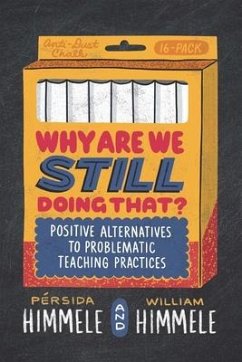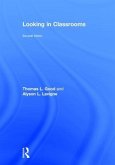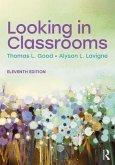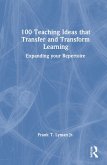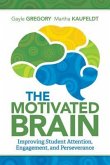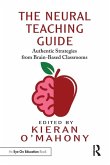Old habits die hard, particularly when they are part of the unexamined norms of schooling. In Why Are We Still Doing That?, the best-selling authors of Total Participation Techniques lead a teacher-positive, empathetic inquiry into 16 common educational practices that can undermine student learning: * Round robin reading * Teaching to learning styles * Homework as the default * Using interim assessments as formative assessments * Asking, Does everybody understand? * Traditional Q&A * Data-driven everything * Publicly displayed data walls * Content breadth over depth * Adhering to rigid pacing guides * Teaching to test samplers * An analysis-only approach to reading * Elevating English language arts and mathematics over all other subjects * Ignoring curriculum experts * Using behavior charts * Withholding recess Pérsida Himmele and William Himmele provide straightforward, research-informed accounts of what makes each of these practices problematic. And they share easy-to-implement instructional, assessment, and classroom management strategies you can use to meet the goals those problematic practices are intended to achieve . . . without the downsides or the damage. This book is for K-12 teachers at all stages of their career, including preservice teachers who will be educating the next generation of students. Read it and reflect on it with colleagues. Use it to focus your own inquiry into what is and is not working for your students and to replace ineffective and potentially harmful habits with more positive and effective ones.
Bitte wählen Sie Ihr Anliegen aus.
Rechnungen
Retourenschein anfordern
Bestellstatus
Storno

